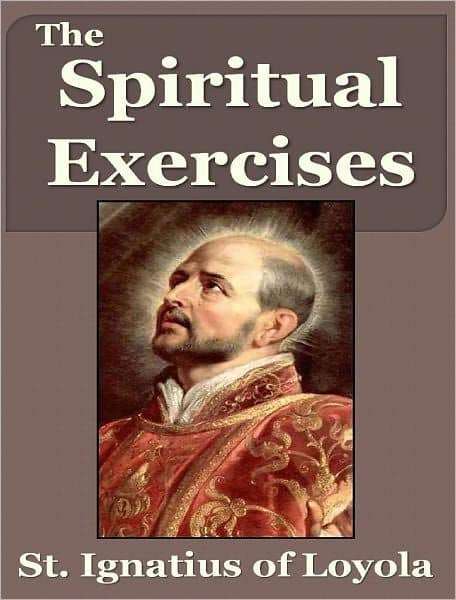9,047 total views

Homily for Wed of the 23rd Wk in OT, 11Sept 2024, Lk 6:20-26
“It’s ok to suffer poverty and humiliation now. Anyway you will enjoy plenty and satisfaction in the hereafter…” Some Christians hold on to this kind of doctrine about a heavenly reward awaiting those who have suffered hell on earth. Is this what Jesus is teaching us in the beatitudes? “Blessed are you who are poor for the kingdom of God is yours.” A notion of heaven that assures us of automatic retribution? Reward in the hereafter for those who have been punished in the here and now, and punishment in the hereafter for those who have been rewarded in the here and now? Wrong. Who needs a God in such a simplistic notion of religion that makes divine justice almost automatic?
Karl Marx once called this kind of religion the “opium of the people”. A kind of spiritual drug that enables us to accept and endure any suffering or humiliation in this world, a faith that has an anaesthetic effect on people who suffer abuse.
Somebody once asked me for prayers for the success of his dad’s surgery, he texted with a tone of desperateness, like his whole life depended on it.
When he texted again to thank us for the apparent success of the surgery, he was as profuse with gratitude like he owed us the whole world. Later he texted again for prayers because the recovery process took a turn for the worse, he again sounded earnest. When it became clear that there really was no chance of recovery, he shifted just as quickly to a disposition of quiet resignation, describing in a seemingly detached way how death was gradually creeping in to claim his dad. I quietly marveled at his sense of equanimity.
What does it take to handle emotionally charged moments like these in life? My answer is intelligence of a different kind. Howard Gardner supposedly discovered what he called “multiple intelligences”. There was one kind that he failed to recognize: spiritual intelligence. I call it the foundation of all other intelligences. It is what Jesus is speaking about in the gospel.
We tend to caricature only the good things in life as blessings and the difficulties as woes. But haven’t we heard of people whose lives have ended up in misery after aspiring only for pleasure in this world, and other people who, by enduring life’s miseries have matured and learned to live life with peace and joy?
Sometimes things just happen to us and we fail to make sense of them. People often look for meaning like it would fall from heaven straight on our laps. Unfortunately, meaning is made, not found. You dont find sense; you make it. But it requires a discipline: lots of reflection. Did not Socrates say this? An unexamined life is not worth living.
The Jesuits call it “Holy Indifference”. It is not exactly the same as fatalism or a simple come what may attitude. It has to do with proper grounding in life’s true absolutes. It is the natural consequence of being grounded on what Ignatius Loyola calls “First Principle and Foundation”.
Take note, by “Indifference” Ignatius does not mean an attitude or disposition of cynicism that says, “who cares?”, or “Whatever…” Rather, it has to do with a total openness to God’s will in one’s life of one who is grounded on the first principle and foundation of spiritual life: “Therefore, we must make ourselves indifferent to all created things, as far as we are allowed by free choice and are not under any prohibition. Consequently, as far as we are concerned, we should not prefer health to sickness, riches to poverty, honor to dishonor, a long life to a short. The same holds for all other things.” (Spiritual Exercises # 23)
What does it take to arrive at this kind of spiritual disposition? One spiritual writer says, “it takes extraordinary grace, limitless patience, as well as firm purpose and determination of the will, and an unreserved trust in Divine Providence.” (E. Broom, OMV)


















